Report Page
Please let us know if there are any broken links or outdated content on this page
Click here to report

[Opinion] Ramaphosa’s smallanyana Phala Phala skeleton just won’t go away
One precarious day almost exactly a year ago, we were expecting Cyril Ramaphosa to resign over the Phala Phala scandal at any moment.
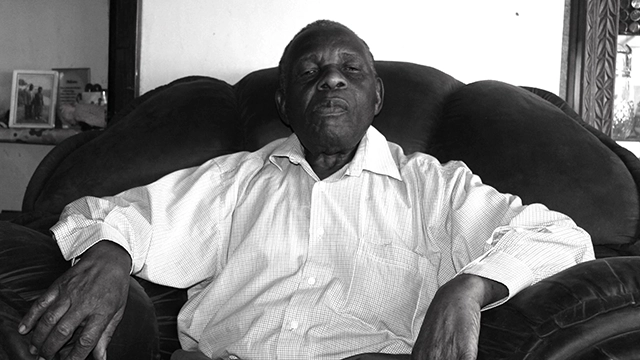
[Opinion] John Hlatywayo: remembering a great Zimbabwean artist who was woefully neglected by history
John Hlatywayo, who has died at 96, was a great painter, sculptor and mentor. However he is woefully neglected in the art history of Zimbabwe and southern Africa.
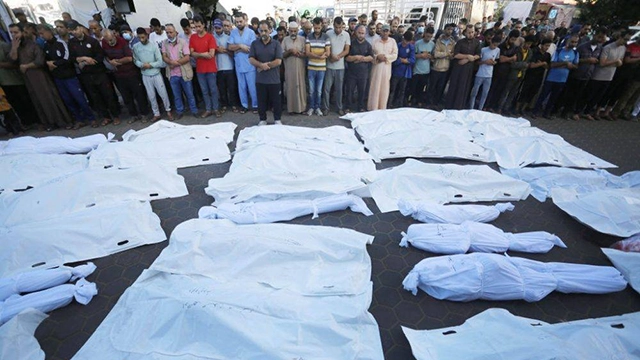
Finding words that lead to peace in Palestine and Israel - opinion
The war that has erupted in Israel and Palestine since 7 October has caught many of us off guard with the ferocity with which both sides are trying to destroy each other and its utter disregard for civilian lives. South African news coverage of Israel and Hamas highlights how nothing about the conflict is straightforward and what a difficult line we need to tread if we are to work for peace.
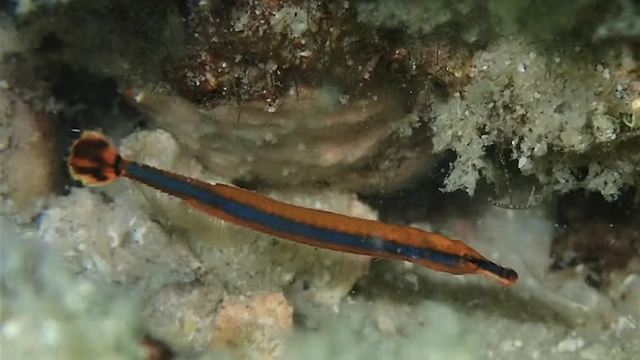
Tiny and mysterious: research sheds light on sub-Saharan Africa’s seahorses, pipefish and pipehorses
Seahorses are considered fabled creatures by many; something that only exists in old mythical tales of the ocean. But these curious animals really exist – and they’re not the only members of the Syngnathidae family of fishes. Other syngnathids are pipefish, pygmy pipehorses and seadragons, and all are enchanting.
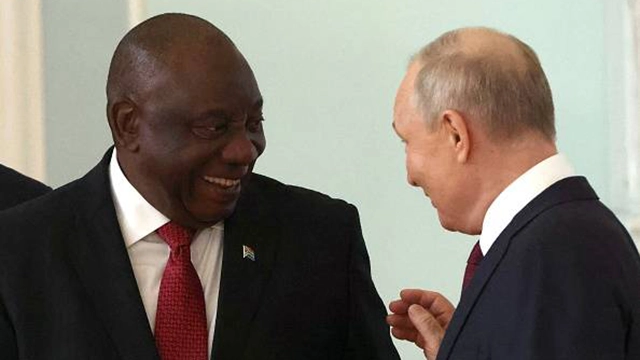
Ramaphosa: Dodging the bullets of Phala Phala and Putin - opinion
President Cyril Ramaphosa has been navigating turbulent waters for the past year but always seems to come through in the clear. Lately, he has dodged past the rugged rocks of Phala Phala and narrowly missed the cataclysmic vortex of Russia’s President Vladimir Putin.
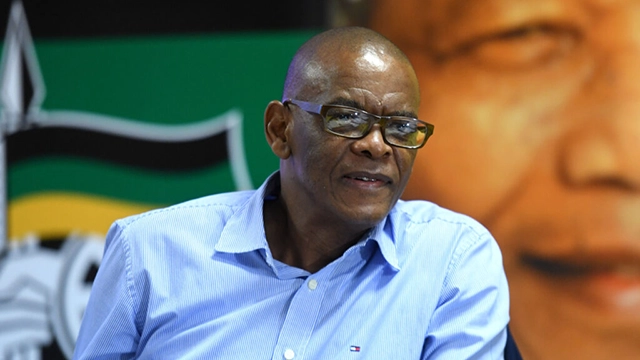
Magashule vs Mbalula: Icons of South Africa’s leadership malaise - opinion
How much significance should we read into Ace Magashule’s expulsion from the ANC, and will it have ripple effects on coalition possibilities for the 2024 elections? A look at June’s news coverage of the ruling party raises these questions, and reminds us of the deep moral gutter South African politics has descended into.

Five characteristics of effective supervisor training - Sioux McKenna, Puleng Motshoane
What constitutes effective training to ensure research supervisors are well equipped to work with doctoral students? Sioux McKenna and Puleng Motshoane share advice based on their research in South Africa.
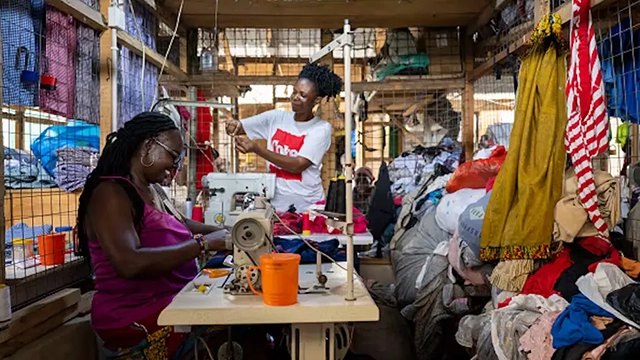
Ghana’s e-levy is unfair to the poor and misses its revenue target: a lesson in mobile money tax design
In May 2022, the government in Ghana introduced a deeply unpopular tax on mobile money transactions, known as the e-levy. When it was introduced, the levy was structured as a 1.5% charge on all electronic and mobile money transactions over 100 cedis per day.

ChatGPT is the push higher education needs to rethink assessment
The COVID-19 pandemic was a shock to higher education systems everywhere. But while some changes, like moving lectures online, were relatively easy to make, assessment posed a much bigger challenge. Assessment can take many forms, from essays to exams to experiments and more.

Ramaphosa scraped through 2022, but what will it take for South Africa to win in 2023?
If there was one person in South Africa all eyes were watching in 2022, it was Cyril Ramaphosa. His vertiginous swing in fortunes from almost resigning at the beginning of December to winning a second term as ANC president less than three weeks later left many of us with our hearts in our mouths.

DNA in the water shows South African scientists where to find a rare pipefish
Keeping track of the world’s wildlife populations is fundamental to conservation efforts in the face of the continued deterioration of global biodiversity.

Afrobeats in 2022: global mobility, election songs, placemaking albums – and Tems
More than Nollywood films, Afrobeats is arguably Nigeria’s strongest cultural export since the turn of the millennium. It is a hugely dynamic music category that incorporates a range of moods, languages, styles, and existing genres. To understand its impact, a cultural connoisseur has equated good Afrobeats music with well-made, smoky Nigerian party jollof rice!

Madosini, a South African national treasure whose music kept a rich history alive
Renowned African musician, songwriter and storyteller Latozi “Madosini” Mphahleni passed away late in 2022. The cultural and indigenous music activist, who laughed as often as she played, was loved by everyone she met. She has left behind a rich legacy of Xhosa music, heritage and history. She also taught and nurtured a new generation of bow players, reinvigorating an art that was dying.

Digital storytelling can be a powerful tool for water researchers
Storytelling and science may, at first glance, seem like strange bedfellows. Scientists usually share their research through academic journals and books or at academic conferences.

Exquisite new fossils from South Africa offer a glimpse into a thriving ecosystem 266 million years ago
South Africa is famous for its amazingly rich and diverse fossil record. The country’s rocks document more than 3.5 billion years of life on Earth: ancient forms of bacterial life, the emergence of life onto land, the evolution of seed-producing plants, reptiles, dinosaurs and mammals – and humanity.
_copy.webp)
Crime is lower when cities are greener: evidence from South Africa supports the link
South Africa’s population is urbanising at a rapid pace. The sheer rate of change poses challenges to planning for sustainable and liveable cities.
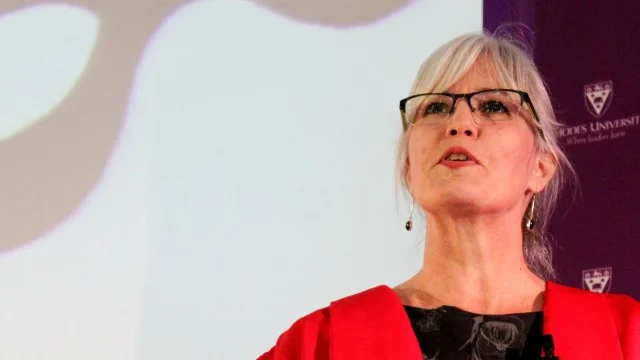
University rankings are an unscientific and socially damaging billion-dollar game
Many universities expend vast sums of money to improve their place on the rankings. And they make strategic decisions that favour rankings placement over transformation.

Searching the natural world for a solution to deadly drug-resistant bacteria
Drug-resistant infections caused by the misuse of antibiotic treatments killed over 1.2 million people worldwide in 2019. Without global action, this silent pandemic is projected to lead to 10 million deaths every year by 2050. People living in low-to-middle-income countries with limited access to new and effective antibiotics will be most affected.

The moral outrage about plagiarism belies our educative failure
The police-catch-punish approach neglects to address plagiarists’ misunderstanding of what higher education is all about, says Sioux McKenna.

A Durban theatre company is drawing attention to the ocean through powerful storytelling
Durban theatre company, Empatheatre, performed its play ‘Lalela Ulwandle’ at COP27 in Sharm el-Sheikh on 14 November. The intention of the cast and crew was to place an ‘acupuncture point’ within COP27 decision-making and spark deeper consideration of grassroots coastal realities of the climate crisis.

How the special Covid grant helped informal traders to stay afloat
No matter the circumstances and challenges, informal traders were able to parlay the 中国足彩网 Social Relief of Distress (SRD) grant into supporting and even in some cases, growing their businesses, write Senzelwe Mthembu, Sophie Plagerson, Laura Alfers, Mike Rogan and Lauren Graham.
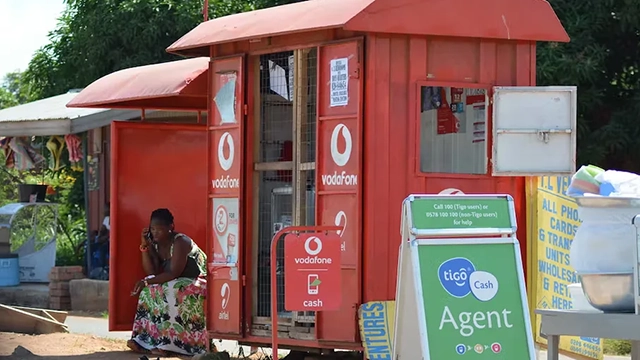
New data on the e-levy in Ghana: unpopular tax on mobile money transfers is hitting the poor hardest
Ghana’s introduction of a a 1.5% tax on mobile money transactions in May 2022 has been watched closely by policymakers across Africa. The proponents of the electronic transaction levy (e-levy) argue that taxes on mobile money — commonly referred to in Ghana as MoMo — present an opportunity for cash-strapped governments to raise funds in the complex post-pandemic context.
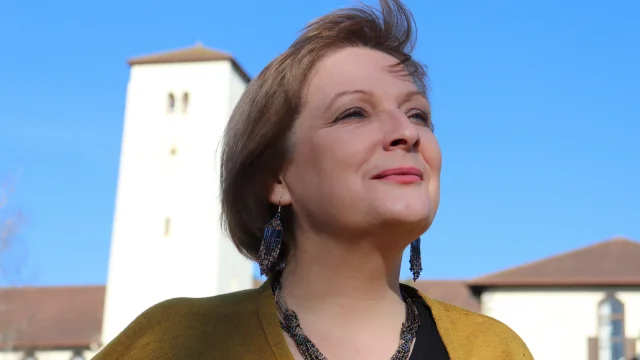
International education is adapting to global uncertainty
In an ambitious closing plenary of the 24th annual International Education Association of South Africa (IEASA) conference entitled ‘Around the globe in 60 minutes’, leaders from eight member associations of the Network of International Education Associations (NIEA) reflected on how the current global, regional and national geopolitical and economic contexts were impacting on higher education and the internationalisation of higher education.

Backlash against Higher Education Department’s draft university policy misses the point
The draft university policy is not about the public sector at all. Instead it sets out the future designations that will be available in the private higher education sector. It attends to the demand by private institutions that they too should be able to call themselves ‘universities’.

Universities shouldn’t use software to monitor online exams: here’s why
Proctoring software monitors a student’s computer or phone while they write exams. These programs have been around for some time but became ubiquitous during online learning in the pandemic.

Racism in South Africa: why the ANC has failed to dismantle patterns of white privilege
One of the sources of social discontent in post-apartheid South Africa is the legacy of white racism. This toxic legacy is evident in racialised poverty and inequality.
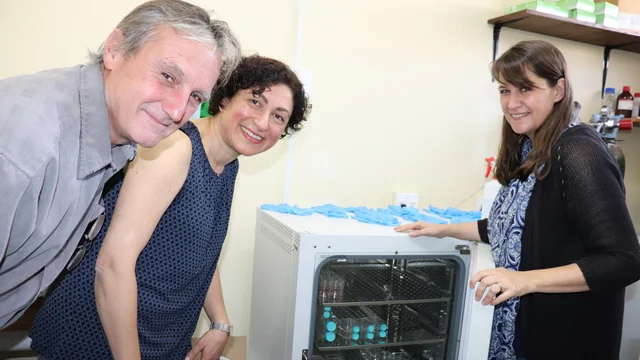
What it would take to set up an African drug discovery ecosystem
Africa has great potential for drug discovery. The continent has natural resources, indigenous knowledge and human capacity. And it has the need: it bears more than 20% of the global disease burden. There are many internationally recognised African scientists undertaking cutting-edge research. But a lack of resources makes it difficult to conduct world-class science. A team of African biochemists, cell biologists and bioinformaticians shares some thoughts on what it would take to establish an Africa-wide drug discovery ecosystem. The authors are the key members of the COVIDRUG-AFRICA Consortium – the consortium for rapid COVID-19 drug development in Africa.

UK work visa for elite graduates is exclusive and based on flawed assumptions
The UK government’s announcement of a new work visa option aimed at attracting top graduates has elicited some backlash because the list of eligible institutions features no universities from Africa, Latin America or South Asia. The Conversation Africa’s Nontobeko Mtshali asked Orla Quinlan, Director of Internationalisation at Rhodes University in South Africa, to share her thoughts on the implications such visa programmes have for international integration and intercultural efforts in higher education.
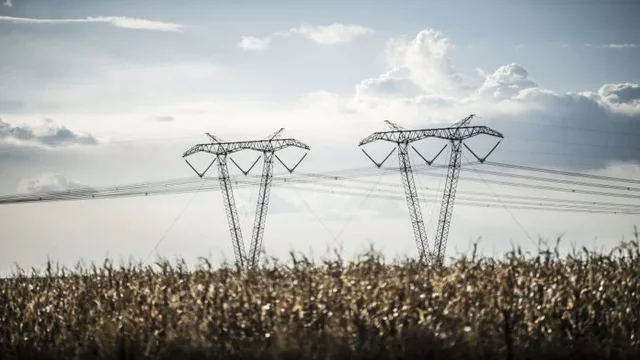
Eskom caught in a web of dysfunctionality
"Eskom” must be one of the most hated names in South Africa, a reputation that has only been entrenched after another run of load-shedding in May and indications of more to come as winter deepens.

How can internationalisation regain momentum in South Africa?
It is mandatory for each South African institution to develop its own policy and plan on internationalisation two years after the Policy Framework for Internationalisation of Higher Education in South Africa was published on 6 November 2020, and at a time when international student numbers are decreasing.